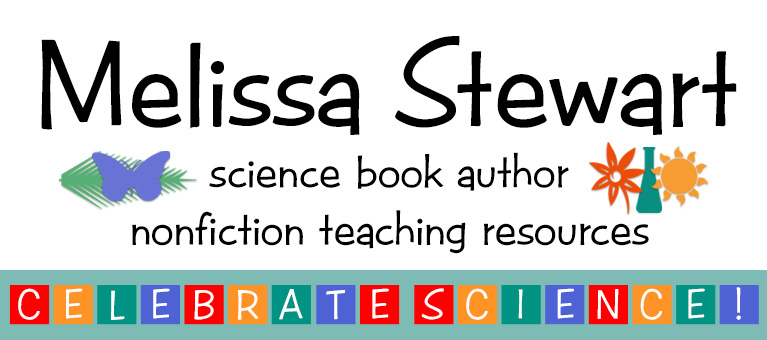Programs for Educators and Writers
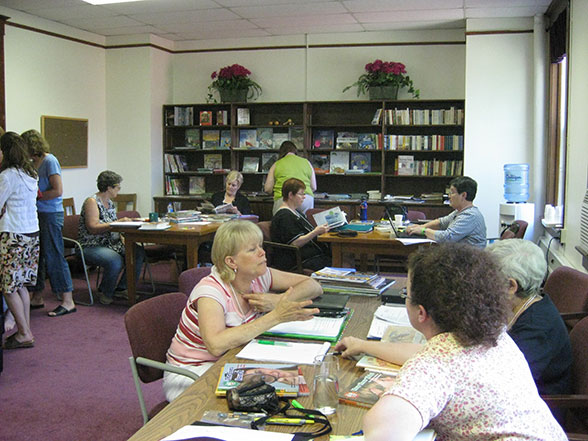
5 Kinds of Nonfiction:
Enriching Reading and Writing Instruction with Children’s Books
Audience: K‑12 classroom teachers, literacy educators, school librarians, professors of literacy and children’s literature, instructors of preservice teachers
Time: 60, 90, or 120 minutes
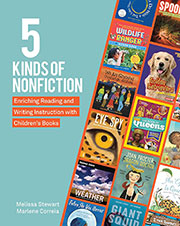
Most educators currently center informational reading and writing lessons around all-about books—traditional nonfiction titles that provide a general overview of a broad topic. But these books are just the tip of the iceberg when it comes to the diverse array of children’s nonfiction books being published today. In this engaging, interactive session, award-winning children’s nonfiction author Melissa Stewart introduces the 5 Kinds of Nonfiction classification system and provides participants with an opportunity to explore and sort books into each of the categories. Attendees will discover how each category is best used in a school setting and learn strategies for incorporating a broad assortment of nonfiction books into their existing curriculum.
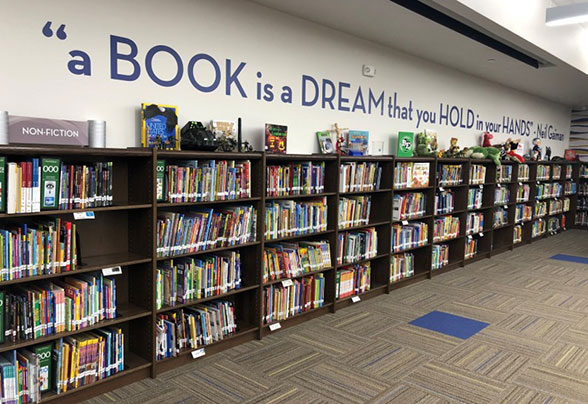
5 Kinds of Nonfiction: Rethinking Your Book Collection
Audience: Public and school librarians
Time: 60 or 90 minutes
Most librarians chose their careers because they connect strongly with stories and storytelling. They gravitate toward fiction and narrative nonfiction (books that tell true stories) because it feels comfortable and familiar. And yet, studies show that 42 percent of elementary students prefer expository nonfiction (books that inform, explain, or describe). An additional 33 percent enjoy expository and narrative texts equally. Research also indicates that info-loving kids are significantly more likely to thrive as readers if they have access to a rich, diverse array of expository nonfiction. It’s critically important to curate collections that will appeal to all children. In this informative, high-energy session, award-winning children’s nonfiction author Melissa Stewart breaks down the 5 Kinds of Nonfiction in children’s books (four of which have an expository writing style), offers tips for collection development, and suggests small group, whole-class, and whole-school activities that highlight a broad range of nonfiction titles.
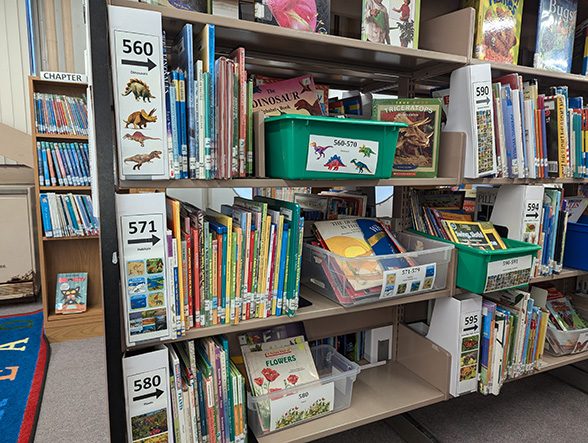
Developing a Plan for an Info-licious Library: From Collection Development to Instruction
Audience: Public and school librarians
Time: Full-day workshop
A robust body of research shows that most students enjoy reading nonfiction, and many prefer it. And yet, most school-based literacy instruction is fiction focused. This full-day workshop guides school librarians in creating a more welcoming space for young nonfiction lovers by increasing student awareness of and access to nonfiction.
Attendees will identify one or more small, manageable change(s) to enhance their nonfiction collection and/or instruction and develop a personal plan and timeline for implementing the change(s).
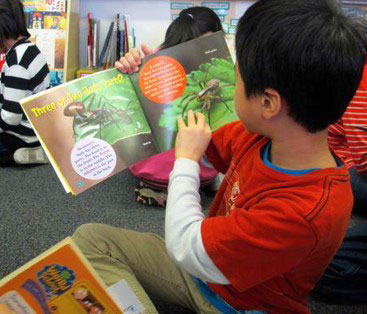
20 Ways to Nurture and Nourish Nonfiction Readers
Audience: K‑12 classroom teachers, literacy educators, school librarians
Time: 60–90 minutes
After learning how simple changes in shelving and check out practices can increase nonfiction circulation, discover how tools like book match surveys, preview stacks, and reading ladders as well as whole-class and whole-school activities like March Madness Nonfiction, the Sibert Smackdown, and Heritage Timelines can nurture a love of nonfiction in ALL students.
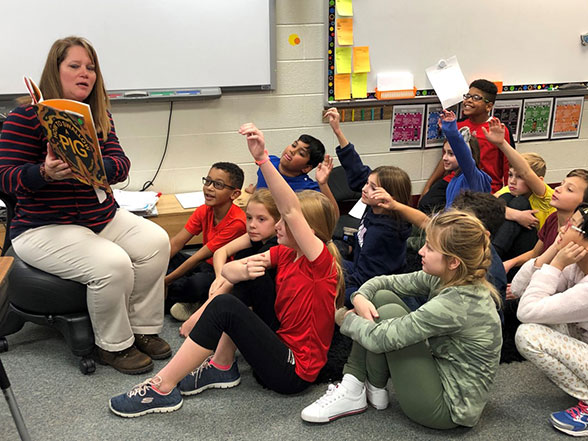
Tips & Tools for Nonfiction Read Alouds
Audience: K‑8 classroom teachers, literacy educators, school librarians, instructors of preservice teachers
Time: 60 minutes or 90 minutes
Research indicates that reading aloud has a powerful positive effect on student engagement, thinking, and reading achievement. It also shows that 75 percent of elementary students enjoy nonfiction as much as or more than fiction, and yet, many teachers and librarians are hesitant to read nonfiction aloud. To help change that, this session provides tips and tools for (1) locating appropriate nonfiction titles, (2) reading nonfiction in a way that engages students in online as well as school settings, and (3) encouraging and facilitating student responses to nonfiction texts.
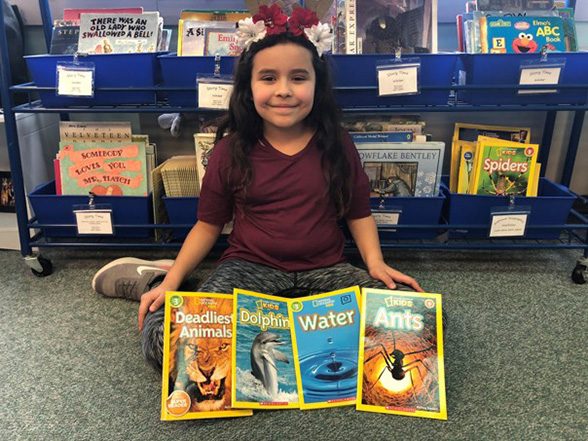
Photos, Videos, and Webcams
to Enrich Nonfiction Reading and Writing
Audience: K‑8 classroom teachers, literacy educators, school librarians, instructors of preservice teachers
Time: 60 minutes
Students often say, “I like books with photos because then I know it’s real,” but most high-quality nonfiction picture books feature illustrated artwork. Learn how to enhance read alouds by sharing photos. Then discover how giving students access to a range of still and moving images can help them craft more engaging and precise informational writing.
Helping Students Overcome Their Nonfiction Writing Roadblocks
Audience: K‑8 classroom teachers, literacy educators, school librarians, instructors of preservice teachers
Time: 60–90 minutes
To succeed in college and their future careers, students need the skills to summarize information and synthesize ideas so that they can craft expository writing that’s clear, logical, and interesting. Award-winning nonfiction author Melissa Stewart will lead a lively discussion about successful strategies for helping students select a focused topic, think creatively about research, organize information, identify the perfect text structure, find the stamina to revise, and work productively with critique partners.
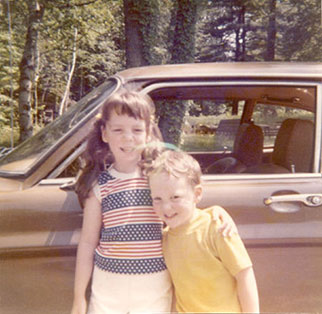
Celebrating Aha Moments
Audience: Educators, writers
Time: 60 minutes
Weaving together stories from her childhood and research trips to the Galapagos Island and Costa Rica, Melissa discusses what inspires her to write, how she gets ideas, and why she can’t imagine any better job.
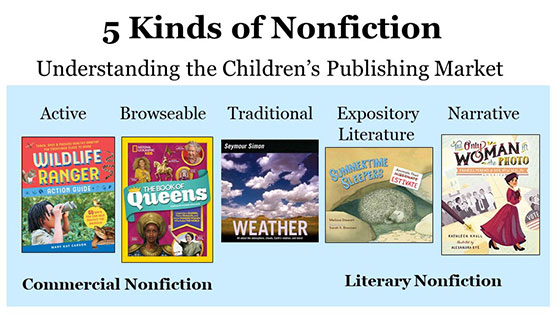
5 Kinds of Nonfiction:
Understanding the Children’s Publishing Market
Audience: Writers, publishing professionals, educators
Time: 75 minutes
In recent years, most children’s book publishers have been focused on acquiring narrative nonfiction, especially picture book biographies. But that’s beginning to change. Agents and editors are currently becoming increasingly interested in manuscripts that branch out in new directions. In this engaging presentation, award-winning author Melissa Stewart describes the characteristics of the five major nonfiction book categories being published today and explains how and where to pitch each type.
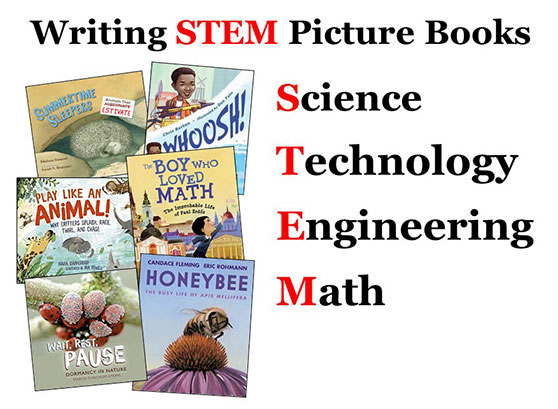
Writing STEM Picture Books
Audience: Writers, publishing professionals, educators
Time: 60 minutes
Picture book biographies have been popular for many years, but there’s currently an increased demand for other kinds of nonfiction in the marketplace. One great option is STEM-themed concept picture books with an expository writing style. Join award-winning author Melissa Stewart for a lively presentation that digs deep into the expository nonfiction writing process, including strategies for developing an irresistible hook, selecting a text structure, experimenting with format, and identifying the best voice for a particular manuscript.
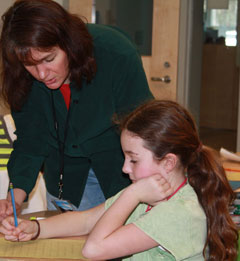
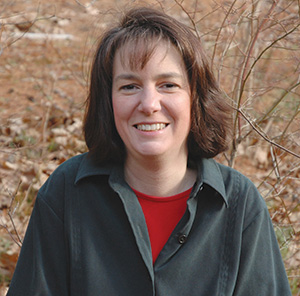
For more information, read the Planning a Visit page, and then please contact Melissa.
School Visit Slideshow
Watch this School Visits Slideshow to see how Melissa taps into the delight and fascination children have for nature and learning via the tools that nature provides.

